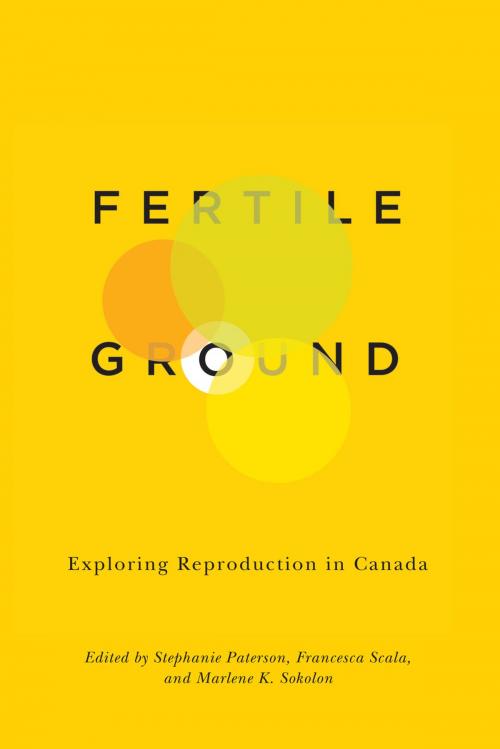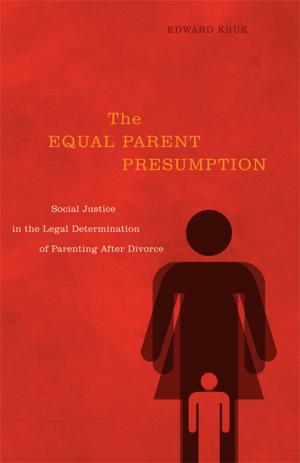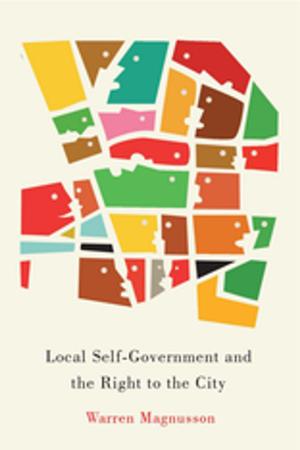Fertile Ground
Exploring Reproduction in Canada
Nonfiction, Social & Cultural Studies, Social Science, Gender Studies| Author: | ISBN: | 9780773592131 | |
| Publisher: | MQUP | Publication: | June 1, 2014 |
| Imprint: | MQUP | Language: | English |
| Author: | |
| ISBN: | 9780773592131 |
| Publisher: | MQUP |
| Publication: | June 1, 2014 |
| Imprint: | MQUP |
| Language: | English |
Ideas of choice and rights traditionally dominate discussions concerning reproduction and gender politics. Fertile Ground argues that the current political climate in Canada necessitates a broader understanding of the links between the politics of reproduction, the state, and gender relations. Three major themes are developed in the book: women's lived experiences, the role of the state in reproductive politics, and discourses around reproduction. Contributors examine unequal access to in vitro fertilization treatments depending upon class, race, age, disability, and health status; critique Health Canada's adherence to a medical model of breastfeeding; analyze marketing campaigns for birth-control products; and recount the Aamjiwnaang First Nation's experience of seeking recognition for reproductive health concerns. Fertile Ground links reproduction to marginalization, contestation, and the state in order to illuminate the continuity of reproductive moments and their implications for identity, activism, policy formation, and further scholarship. A timely and multidisciplinary account of reproduction and gender politics in Canada, Fertile Ground will interest academics, activists, and professionals involved in the areas of women’s studies, politics, sociology, and public health.
Ideas of choice and rights traditionally dominate discussions concerning reproduction and gender politics. Fertile Ground argues that the current political climate in Canada necessitates a broader understanding of the links between the politics of reproduction, the state, and gender relations. Three major themes are developed in the book: women's lived experiences, the role of the state in reproductive politics, and discourses around reproduction. Contributors examine unequal access to in vitro fertilization treatments depending upon class, race, age, disability, and health status; critique Health Canada's adherence to a medical model of breastfeeding; analyze marketing campaigns for birth-control products; and recount the Aamjiwnaang First Nation's experience of seeking recognition for reproductive health concerns. Fertile Ground links reproduction to marginalization, contestation, and the state in order to illuminate the continuity of reproductive moments and their implications for identity, activism, policy formation, and further scholarship. A timely and multidisciplinary account of reproduction and gender politics in Canada, Fertile Ground will interest academics, activists, and professionals involved in the areas of women’s studies, politics, sociology, and public health.















